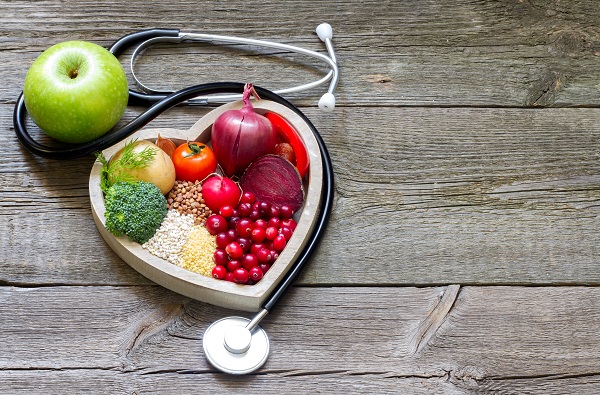Nutrition Therapy on Oncology Patients

According to recent information from the “Continuous Update Project (CUP)” of the World Cancer Research Fund International (WCRF Int’l) recommends the 10 cancer prevention strategies from their research include the following:
- Keep weight low within the healthy range.
- Be physically active for at least 30 minutes every day, and sit less.
- Avoid high-calorie and hign sugary foods and drinks.
- Eat more grains, vegetables, fruit and beans.
- Limit red meat and avoid processed meat.
- Try to stop drinking alcohol.
- Eat less salt and avoid mouldy grains & cereals.
- For cancer prevention, don’t rely on supplements.
- If you can, breastfeed your baby for at least six months.
- After cancer treatment, the best advice is to follow the Cancer Prevention Recommendations.
But unfortunately, even strategies strongly support the prevention, there is still an increasing number of newly diagnosed cases of different types of cancer diseases every year.
Cancer is essentially a situation when genetic mutation within a cell occurs, and result in the production and proliferation of abnormal cells. The consequence will be that the healthy cells are damaged while abnormal cells continue to replicate without control. Some of these genetic mutations are inherited, but to a great extent these are the results of unhealthy lifestyle and adverse environmental factors accumulated over time.
People with cancer are at high risk of nutritional depletion because of the physical and psychological effects of both the disease and related treatment with the following reasons:
- prolonged catabolic response results in muscle wasting and weight loss,
- physical symptoms such as dysphagia, diarrhoea , nausea and vomiting,
- appetite impairment caused by anxiety and depression,
- other debilitating side effects such as taste change, dysphagia, infection, fistulae, nausea, pain and insomnia can be caused by prolonged treatment
The European Society for Clinical Nutrition and Metabolism (ESPEN) published an article in 2017 to emphasize the new strategies to update nutritional care in cancer patients :
- Screen the nutritional status of each patient early in the course of their treatment.
- Identify signs or symptoms of anorexia, cachexia, and sarcopenia as early as possible.
- Measure body cell or muscle mass precisely by sensitive imaging technologies (CT and others) or other alternative method for early detection of malnutrition / sarcopenia.
- Use specific biomarkers to assess severity of cancer-related systemic inflammation, e.g. CRP and albumin.
- If available, use indirect calorimetry to estimate resting energy expenditure (REE) in order to personalize energy and protein needs.
- Use appropriate nutrition support as a vital part of cancer care; some new strategies show promise for reducing inflammation and restoring lean body mass.
- Assess physical function routinely to monitor and guide physical rehabilitation.
Dietitian will assess patient’s current condition including nutrition requirement in different stages of treatment. Furthermore, nutritional counselling and tailor-made nutrition support plan, which may include special nutrients, will be suggested.





